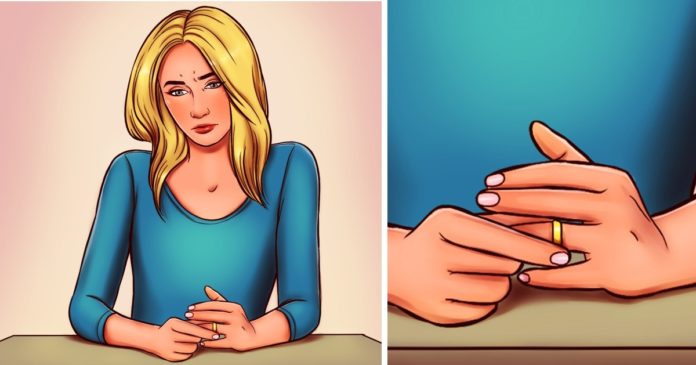
While other people are around us, we don’t always realize what we’re doing with our legs, hands or facial expression. The idea that these issues are important may not even cross our minds. But in reality, the body language will say a lot about your personality and feelings. And it might just help you make a good impression and get your dream job done, or, on the contrary, make people want to avoid you.
1. Slouching
Your posture will tell a lot about your confidence level. When you slouch it will show you feel insecure. If you’re not changing your posture, slouching may become a habit and you’ll be doing it even if you’re not in a situation that makes you feel uncomfortable. Yet it may still be seen by people as a sign of low self-esteem.
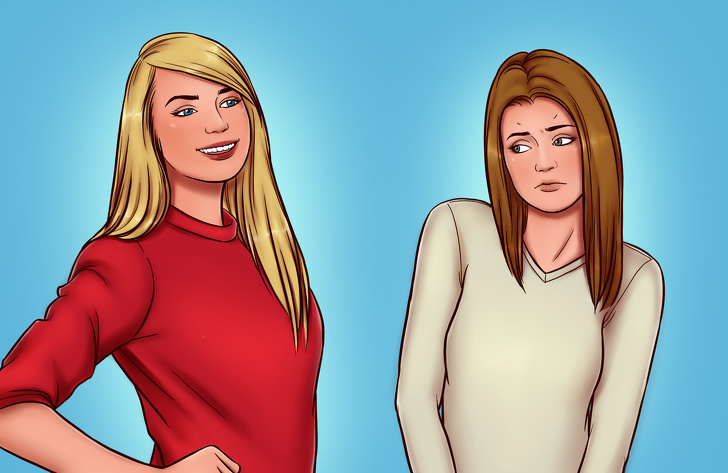
2. Crossing your legs or arms
Crossing their arms and legs when they sit is natural to a lot of people. When you talk to somebody, though, this could make you look defensive. It could send a message that you are not open to interacting or hearing what they have to say with another person, or that you feel uncomfortable in their presence. When you leave your arms and legs uncrossed and your hands clean, then you’ll be more comfortable.
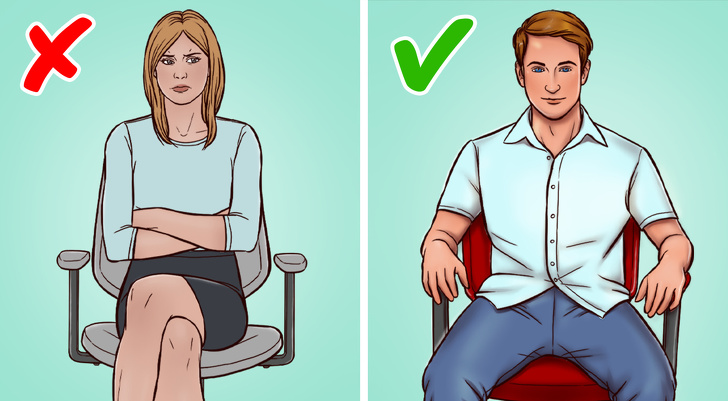
3. Fidgeting
Whether this is a habit you always have or just something you do to calm yourself in stressful situations, you should try to stop fidgeting. When you twirl your hair, click your eyes, tap your fingers and feet, or check your watch constantly during a conversation or an important meeting, it may look like you’re bored and like you’d rather be somewhere else.
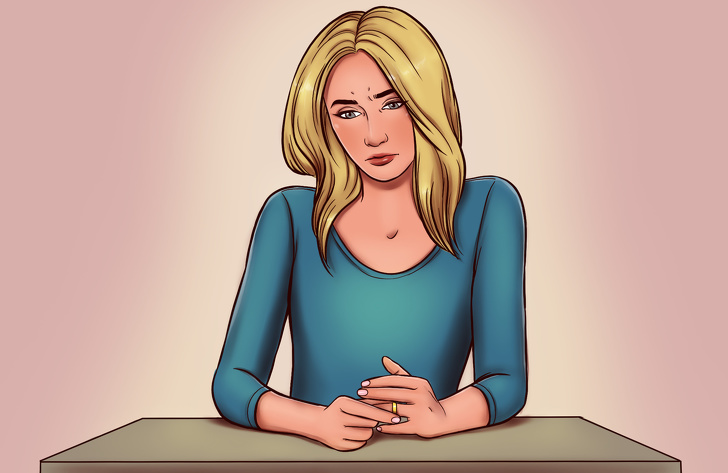
4. Rubbing your neck
Rubbing your neck could be something you’re doing to relieve pain. Or perhaps you’re just doing it to relieve tension in that place, even if there’s nothing to make you anxious about. Be mindful of what you are doing with your hands in any situation, and try to avoid doing so as much as possible. Otherwise, it can show us the fear and discomfort.
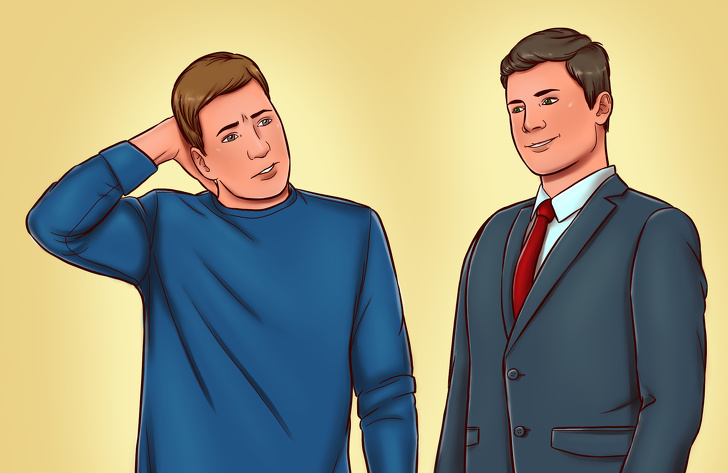
5. Biting your fingernails
Nail biting is another habit that tells other people you’re anxious. It may help relieve tension but it will also give away your feelings. However, it can annoy the person you’re talking to and they might even find it repulsive. It will eventually harm the health of your nails. And you could leave a bad impression because people judge you by your appearance.
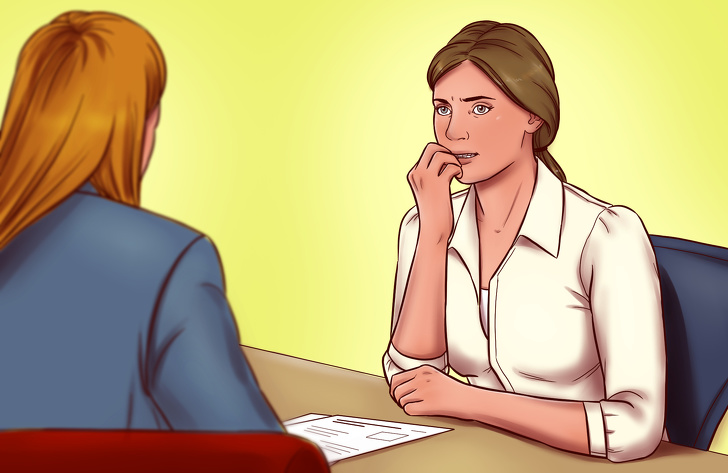
6. Not enough or too much eye contact
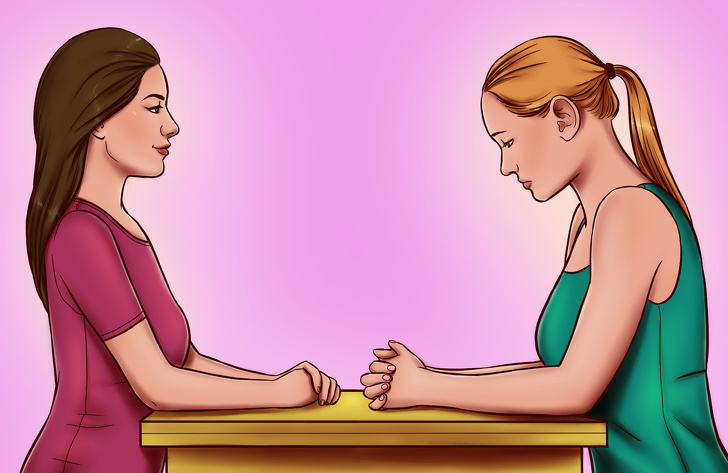
Eviting eye-contact may signify that you lack confidence or that you don’t like someone, and you may even seem untrustworthy. On the other side, looking at the other person’s eyes constantly can seem offensive and make them feel uncomfortable. Then, go for a long series of glances.
7. Appearing distracted
Although distracting oneself when someone is talking is just disrespectful, sometimes you don’t even know you’re doing it. Or even if you pay attention, you’re staring into space, and others may think you’re not listening. Try to show that you are listening actively by looking at the person who is telling you something, or doing something to make them see clearly that you respect them and that you are engaged in the conversation.
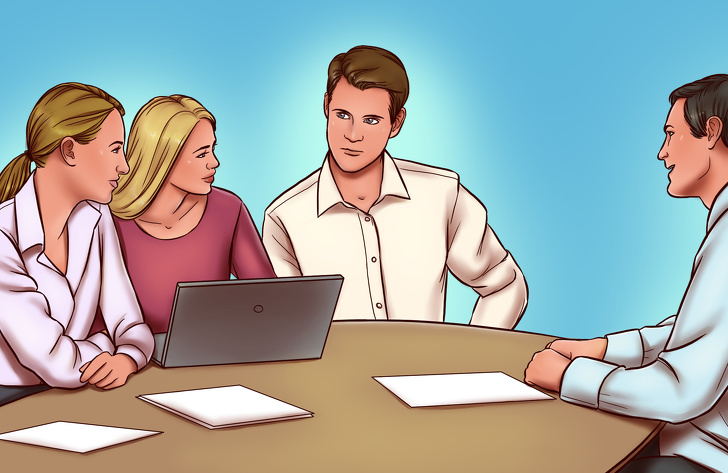
8. Rolling your eyes
It’s a clear sign of disrespect to roll your eyes. It can be relatively harmless and an act of non-verbal communication to indicate that you are bored or irritated with one of your mates. If it’s something your friend, manager, or a complete stranger said you’re reacting too, your facial expression may seem off-putting and offensive to them, however.
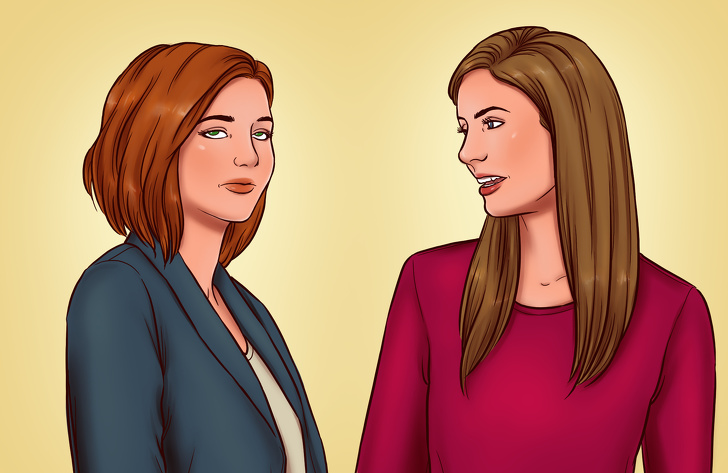
9. Forgetting to smile
Smiling is something we sometimes overlook, especially when it comes to formal situations. But it is a great way of demonstrating trust and openness. And it can also make you smile back and feel more optimistic and overall open to you. Don’t fake-smile, though, because then you risk being seen as untrustworthy and insincere.
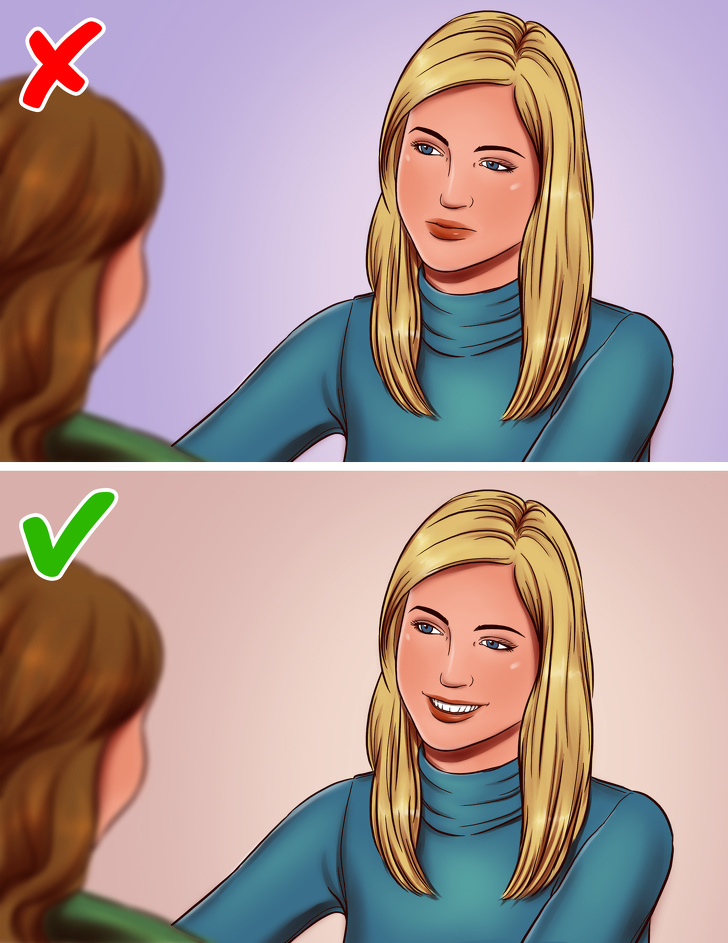
10. Being too still
Being too quiet and still can make it seem like you don’t want to speak to someone else and hear what they have to say. Their stiffness can make them feel uncomfortable too. Try to show your facial expressions genuine enthusiasm, and try to imitate the movements of the other person without being too noticeable. That can help make a more positive impression on you.
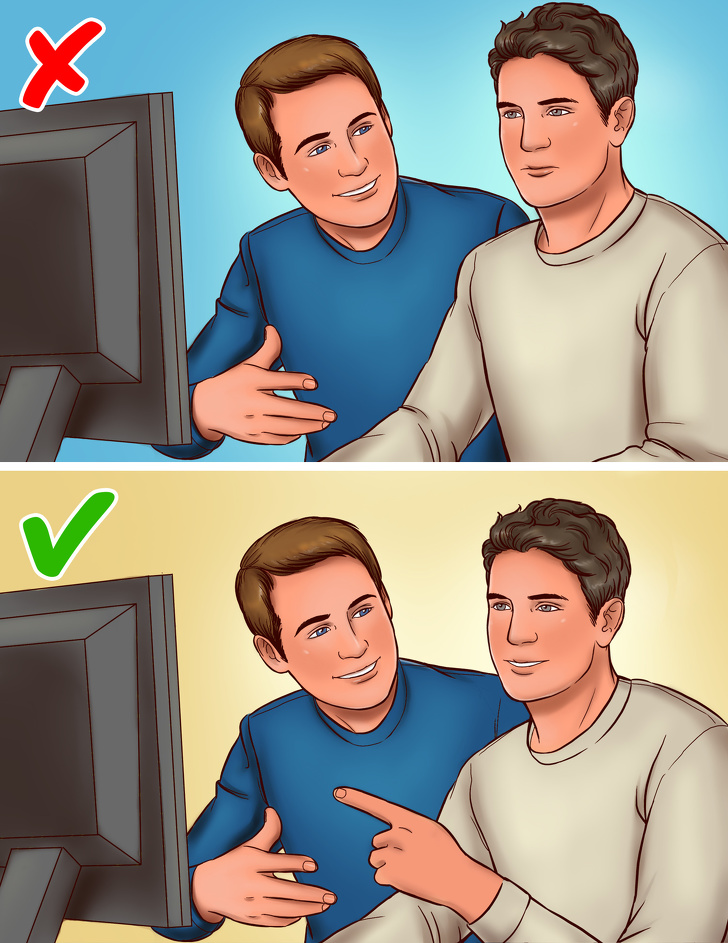
Have you observed any of those patterns of body language in yourself or anybody else? Which impression does it usually leave on you people who do these things? We would love to hear your thoughts!
